Meet Our 3MT Participants for 2024!
Camilla van der Hoef - Medical Sciences
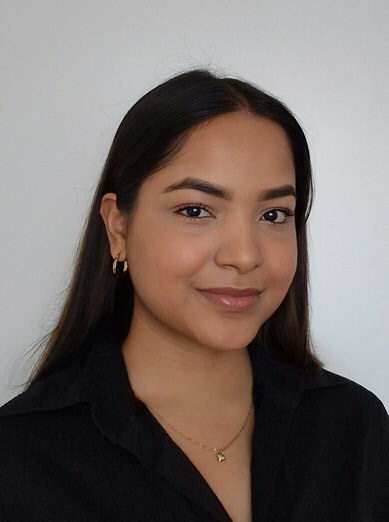
My name is Camilla van der Hoef, and I am honoured to participate in the 2024 3-Minute-Thesis Competition.
From a young age, I knew I wanted to become a doctor. Following my aspirations, I started studying medicine at the University of Groningen in 2018.
During my bachelor’s, I conducted research on heart failure at the Department of Cardiology, University Medical Center Groningen. This captivating experience further fueled my passion for research and led me to pursue the MD/PhD programme under the supervision of Prof. Dr. A.A. Voors and Dr. J.M. ter Maaten. This unique path allows me to work towards my ambitions: to become a physician and a scientist.
My thesis aims to increase our understanding of the multifaceted relationship between obesity and heart failure. Our ultimate goal is to identify the unique characteristics of each heart failure patient and use this knowledge to tailor treatment to their individual needs.
Participating in this competition is a valuable opportunity to share my research with a diverse audience and gain inspiration to shape my competencies further as an aspiring researcher.
Helena Baard - Faculty of Arts
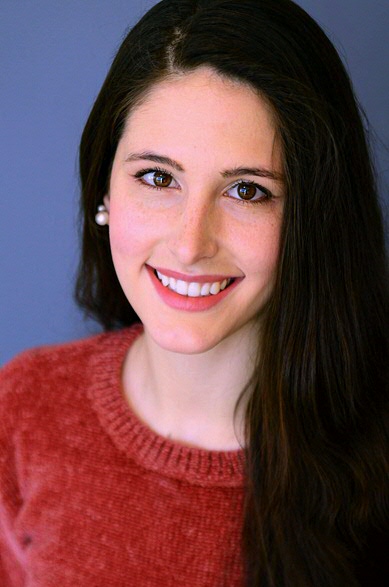
Helena Baard is currently a joint PhD student at the University of Groningen in the Netherlands and the University of Stellenbosch in South Africa. She is specialising in Film Studies, with a particular focus on Afrikaans film. Previously she has completed her Masters degree in Drama and Theatre Studies at the University of Stellenbosch (cum laude). Her research is positioned within a feminist discourse, with a particular focus on intersectional feminism.
Marrit van der Bruggen - Science & Engineering
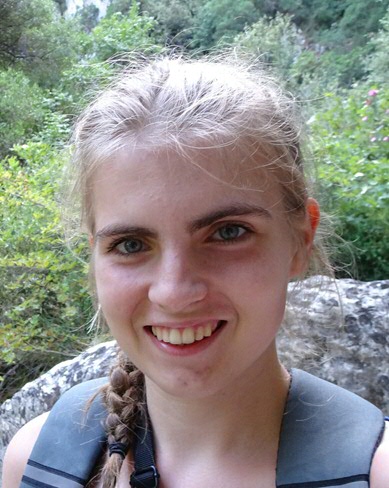
I am Marrit van der Bruggen, a PhD candidate at the Groningen Institute for Evolutionary Life Sciences (GELIFES). My research is part of the interdisciplinary research consortium InsectFeed. We generate knowledge on using fly larvae (maggots) as a sustainable feed source for poultry, to work towards a circular economy.
In my research I focus on the behaviour and welfare of houseflies. Within my bachelor’s degree and master’s degree in biology at Wageningen University & Research, I got to study the behaviour of guppy fish, ladybird beetles and even ravens during my internship at the University of Vienna.
Next to my passion for biology, I have been interested in science communication for most of my life. To develop my skills in this field, I followed the MSc minor Science Communication & Society at Leiden University and worked as a science journalism intern at Bionieuws.
During my PhD, the science festival Zpannend Zernike has been an excellent opportunity to integrate science communication in my project, connect with the general public, and get an idea of the widely varying opinions about insect welfare within our society. I look forward to introducing more people to the interesting new field of insect welfare during the 3MT competition.
In my free time, you can usually find me at the cultural student centre Usva; where I am following one too many courses ranging from acting and singing to creative writing and painting. After all, combining science and art brings me joy.
Jingting Lei - Behavioural and Social Sciences
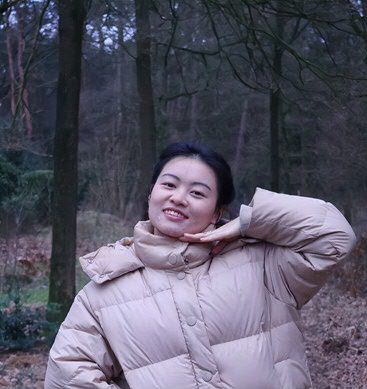
I am Jingting Lei, a PhD student in sociology at the University of Groningen, specializing in global financial governance networks and their effects on financial crises. With a background in International Relations, international political economy, and social network analysis, I am passionate about exploring the complexities of our global financial system and am committed to interdisciplinary collaboration.
Ashkan Nejad - Medical Sciences
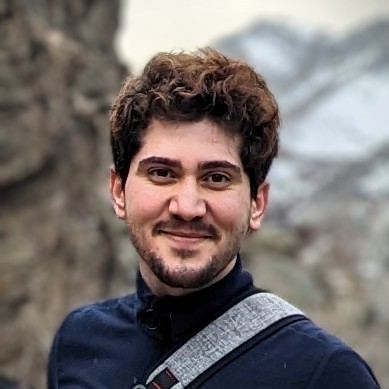
Ashkan Nejad is a passionate interdisciplinary researcher specializing in the intersection of Artificial Intelligence and Medicine. Currently pursuing a Ph.D. at the Research School of Behavioral and Cognitive Neuroscience, University of Groningen, he serves as an early-stage researcher at Royal Dutch Visio and the department of Ophthalmology within the University Medical Center Groningen. As a member of the EU OptiVisT research network, Ashkan is committed to developing AI-driven automated solutions to enhance the lives of individuals with blindness and visual impairments.
Marco Ovalle - Science & Engineering
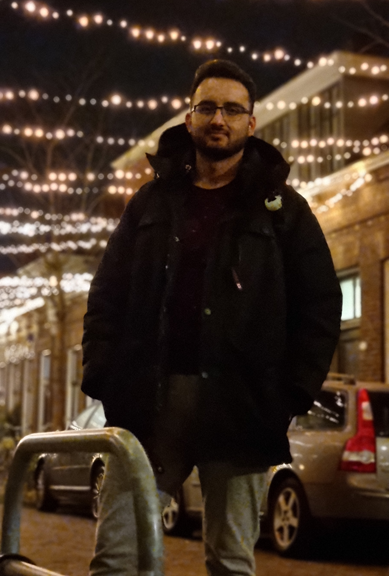
Marco Ovalle was born in 1995 in Tijuana, Mexico. He obtained his bachelor's degree in nanotechnology engineering and Master's in chemical sciences from the Technological Institute of Tijuana under the supervision of Professors Gerardo Aguirre and Ratnasamy Somanathan.
During his bachelor's studies, Marco was inspired by the 2016 Nobel Prize in Chemistry, awarded to Sir Fraser Stoddart, Jean-Pierre Sauvage, and Ben Feringa for their work on molecular machines. This motivated him to pursue research in this field for his graduate studies.
While pursuing his Master's degree in Mexico, Marco had the opportunity to meet Sir Fraser Stoddart during a conference of the Mexican Chemical Society in Puebla. At the conclusion of the conference, Sir Fraser offered Marco a 9-month predoctoral fellowship at Northwestern University under his supervision, which Marco began in 2020. During this fellowship, he worked on mechanically interlocked molecules and molecular machines.
Upon completing his predoctoral fellowship, Marco joined the University of Groningen to pursue his Ph.D. under the supervision of Ben Feringa. He is currently focused on utilizing light-powered molecular machines for the development of new smart materials with life-like properties.
In his free time, Marco enjoys spending time with friends and participating in sports, particularly swimming and biking.
Maud Jonker - Medical Sciences
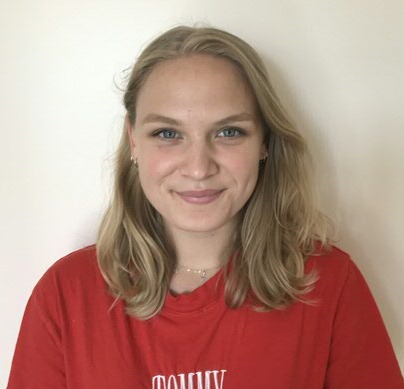
My name is Maud Jonker, I am 25 years old, I am doing a MD/PhD concerning involuntary oral care for older individuals with dementia and I also work as a dentist.
I am participating in this 3-Minute Thesis Competition to create more awareness about the poor oral health of many individuals with dementia who show care-resistant behavior towards oral care. Dementia entails an overall progressive and persistent decline in memory and other cognitive functions, which will ultimately lead to a reduction of an individual’s ability to perform activities of daily living (ADL), including their oral care. Therefore, individuals with dementia are usually dependent on others for their ADLs, such as brushing their teeth. However, many individuals have impaired
ability to understand the intentions of others to provide help and often show care-resistant behavior during oral care. When all voluntary strategies and interventions to provide oral care to an individual with dementia have been attempted and turned out unsuccessful, involuntary oral care can be a serious alternative for ceasing care, which is a common consequence of care-resistant behavior.
Annelies Abelmann - Religion, culture and society
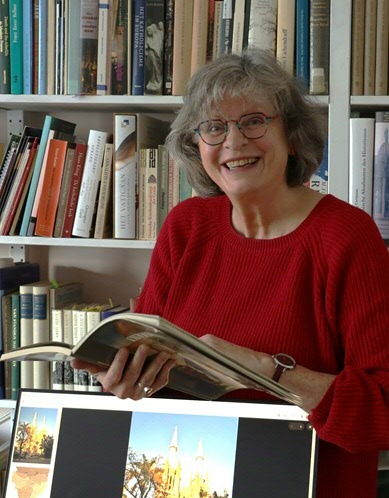
I am Annelies Abelmann, an Utrecht University alumna in Art History (1986). Since June 2019, I've embarked on an interdisciplinary journey as an external PhD candidate at Groningen University's Faculty of Religion, Culture, and Society. With a background in visual arts (Minerva, 2000) and archiving (1988), my unbiased research delves into late 19th and early 20th century Roman-Catholic spaces devoted to S. Willibrordus in the Netherlands. These places emerged as crossroads, entwining nationalism and mission, church ideology, liturgy, music, and art amid the rising tide of secularism. I question whether these endangered churches and their legacies maintain significance in our dynamic societies, framing them within the context of our evolving social landscape.
Brady Rae - Medical Sciences
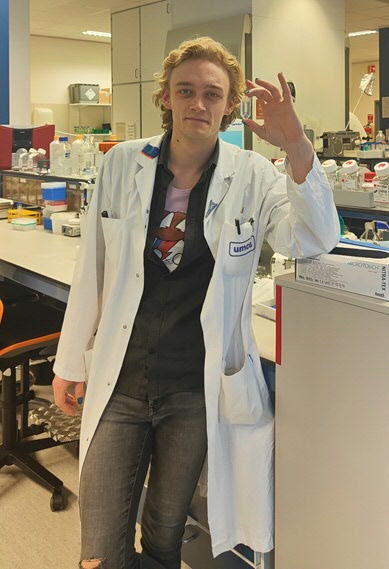
Brady Rae is a PhD candidate in the department of Pathology & Medical Biology at the UMCG. He started his career in Scotland where he found his passion for understanding how structure related to disease studying Human Anatomy at the University of Glasgow.
Moving to the Netherlands in 2018 to continue his studies at the Rijksuniversiteit Groningen focussed even further on the structures underlying disease and how to study them. Working on what he would argue is the most dynamic and fascinating part of the human body, the Lung, and making his first steps in ustilising specialised models to investigate cell behavior, prepared him well for his PhD.
Brady has always been most excited by learning, in his career he has found that to understand human diseases and develop ways to treat them, you need to look at the entire 3D space the disease occurs in.
This is what he is doing currently, developing an Airway-on-Chip device that lets you grow patients' lung cells inside in an environment that emulates their life in the body. By doing this he hopes to be able to ask more complex questions about disease in the lab, helping us develop more treatments without testing them on animal models, before they need to be tested on patients.
Brady has never worked on animals in his career, by developing Organ-on-Chip technologies he aims for a future where we understand far more about disease, and where we learned it from working with human donors to solve human problems.
Anne-Men Huijzer - Science & Engineering
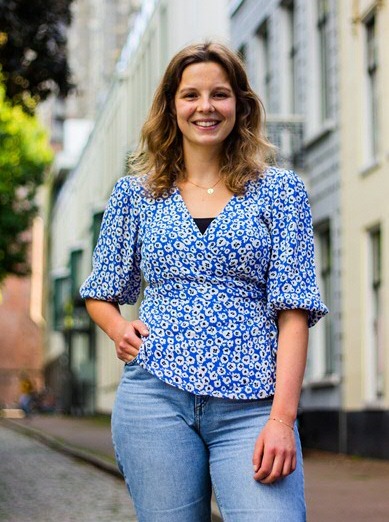
Anne-Men is a PhD candidate at the Bernoulli Institute for Mathematics, Computer Science and Artificial Intelligence. During her Master's degree in Applied Mathematics at the University of Groningen, she realised how important mathematics was in solving societal challenges such as the climate crisis. A particular research area that piqued her interest was neuromorphic computing. This field combines knowledge from various disciplines, ranging from neuroscience to material science, to develop a new generation of energy-efficient computers by taking inspiration from the functioning of the brain. Anne-Men’s current research project is embedded in CogniGron (Groningen Cognitive Systems and Materials Center) and together with her colleagues she researches new materials that can hopefully be used to build these new “computers”. In her research, Anne-Men uses mathematics to develop a better understanding of the behaviour of these new materials. Through this research, she works to find out if and how these materials can be used to build this new generation of energy-efficient computers.
Anne-Men enjoys sharing her research with a broad audience. She gives guest lectures at both primary and secondary schools, and participates in interviews and brainstorming sessions. In her free time, Anne-Men keeps active with various sports and is the lead singer in a band.
Núria Pujol Furelos - Arts
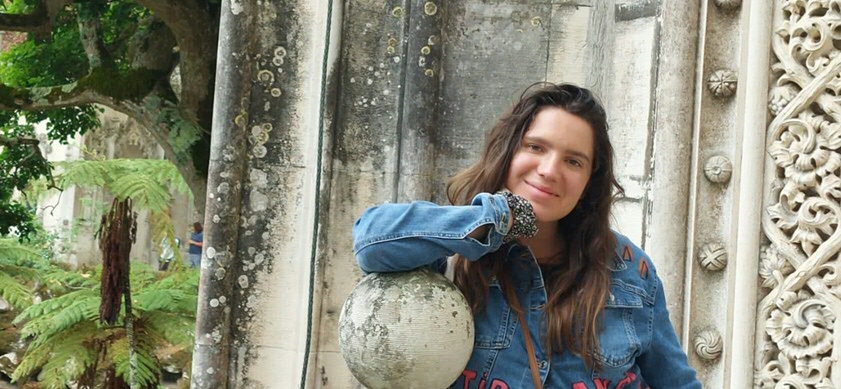
My name is Núria Pujol Furelos, I am a PhD candidate at the University of Groningen (Department of Early Modern History & Department of Sustainable Health). I am currently finalizing the second year of my project. My research entangles the disciplines of the history of medicine, public health, and health humanities. Regarding my background, by training, I am a biomedical scientist. Before starting my PhD in Groningen, I studied my master’s in History of Science and communication at the Autonomous University of Barcelona. I have always been keen on the intersection of sciences and humanities and that’s the main reason why I chose to pursue this interdisciplinary PhD project. In line with my interdisciplinary eye, besides my academic work, I am very keen on exploring different formats of communication. I firmly believe in the need to step out of the ivory tower and put our work at the disposal of wider audiences, always in pursuit of moving towards a more plural and dialectical academia.
